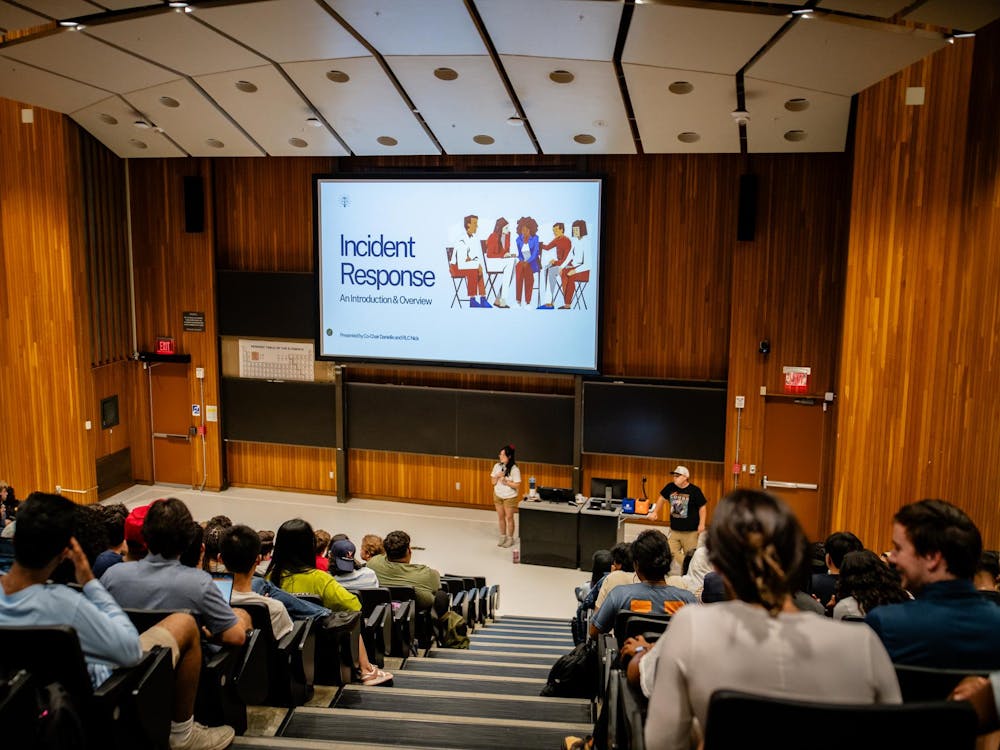Last week, students voted on an amendment to the Honor Committee’s constitution which contained two options concerning the single sanction system. A majority of voters supported the second option, which would allow the committee to “impose lesser sanctions” on students who commit honor offenses. However, the Honor Committee requires a 60 percent supermajority for an amendment to pass, and just under 59 percent of students voted for Option 2. Although the constitutional change will not be put into effect, the fact that a majority of students supported this change suggests committee representatives should continue to closely examine the possibility of a multiple sanction system.
Prior to the voting period, the committee published an op-ed in which it stated that if Option 2 were to pass, then the committee would plan to form an independent review commission composed of various community stakeholders who would investigate the implementation of such a system. The commission would present a rewritten version of the bylaws to the committee to recommend fully a multiple sanction system. To determine which type of multiple sanction system students prefer, the commission would extensively poll the student body. Since a majority of students voted in support of Option 2, the committee should form the independent review commission despite Option 2 not having passed; the committee decided yesterday that it would create such a commission in order to evaluate the current system using surveys of students, student focus groups and faculty advisement. After more than a year of preparing a multiple sanction system recommendation, the committee may then be able to offer students a more complete constitutional amendment.
Performing the research necessary to determine which type of system to implement would take multiple years; thus, a commission with stakeholders who commit more than a year would be appropriate in developing this system. With so many students supporting Option 2, it is clear the issue of single sanction reform will return to future committees. By creating the commission now, the committee can sooner present a more thorough proposal for a multiple sanction system to students.
Additionally, a common criticism of Option 2 from those who support a multiple sanction system is that it would have granted too much power to the committee. Some felt it would allow the committee to institute a multiple sanction system by rewriting its bylaws without input from students because the constitutional change would allow the committee to do so. The benefit of forming an independent review commission to explore lesser sanctions over multiple years is that the multiple sanction system recommendation would be based on what students would want such a system to look like.
The debate about multiple sanctions has appeared and reappeared throughout the University’s recent history. This year, over 34 percent of students voted on the amendment, a significant increase from the less than 20 percent of students who voted on last year’s Honor referenda. Given this increase in student engagement, the Honor Committee should feel especially obliged to respond to the student body’s endorsement of a multiple sanction system. The creation of an independent review commission would provide the committee with a more detailed understanding of how to structure a multiple sanction system — a system the student body clearly supports.






